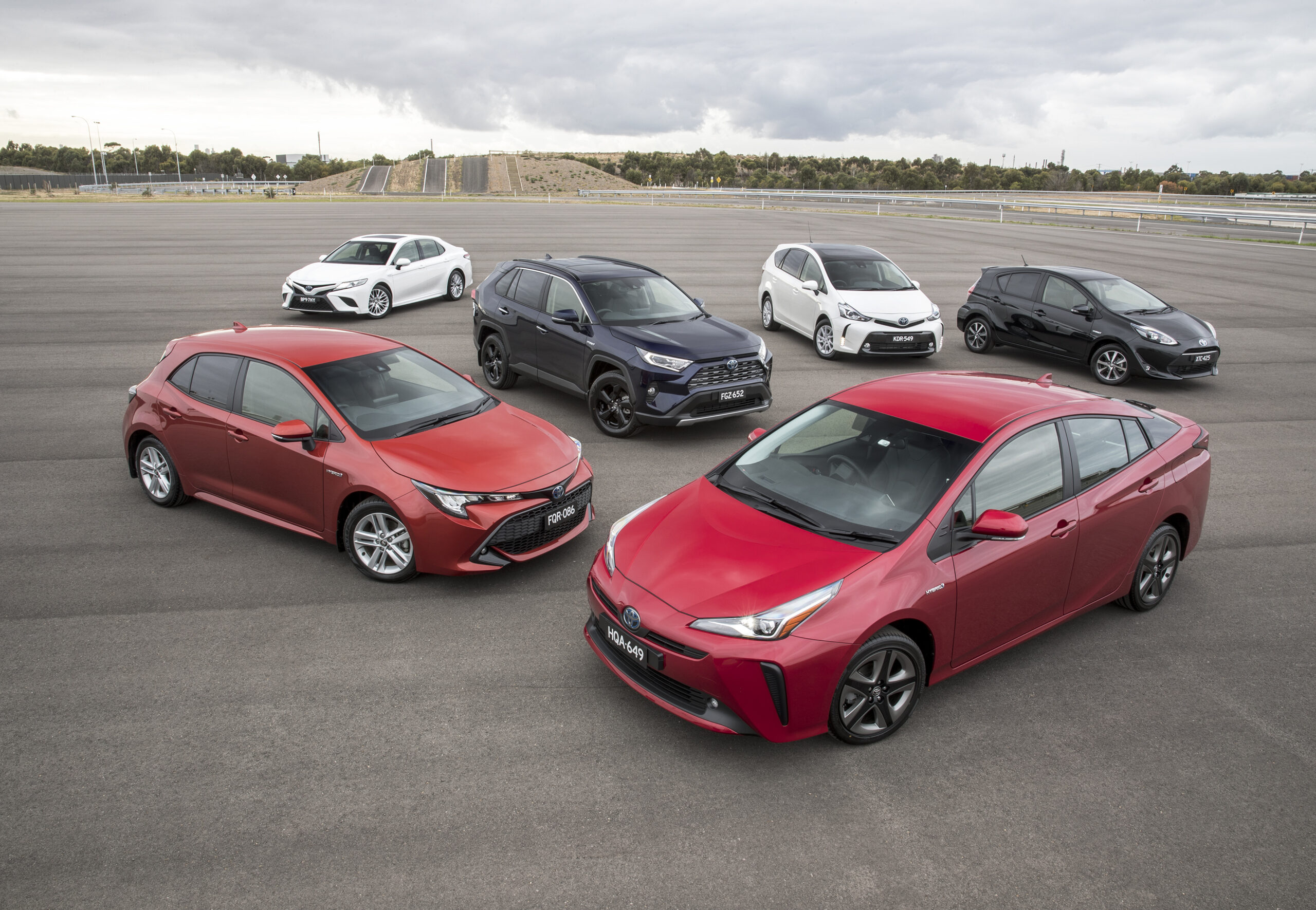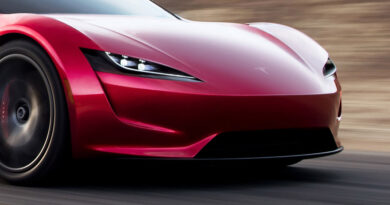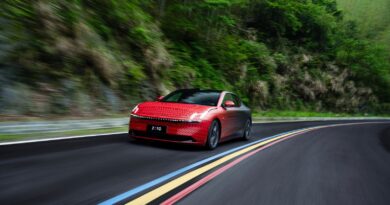EV sales soar: Hybrids, PHEVs and BEVs purchased in record numbers in 2020
The electric revolution is well and truly underway in Australia, with 2020 sales data confirming booming sales for hybrids, plug-in hybrids and EVs, with more electrified vehicles finding homes than ever before.
The big winner – and one that helped Toyota retain its position as the country’s best-selling car brand – remains hybrid technology, with the sales of what Toyota has previously referred to as “self-charging hybrids” utterly dwarfing those of PHEVs and BEVs.
In fact, some 60,417 hybrids found homes in 2020, up a whopping 93.7 percent on the 31,991 hybrids sold in 2019.
And Toyota dominated the hybrid market last year, selling 54,335 vehicles in 2020. Or to put it another way, nine in every 10 hybrids sold in Australia in the past 12 months was wearing a Toyota badge.
Most of those sales came from the chart storming RAV4 Hybrid, with 26,400 sales (68.5 percent of all RAV4 sales were for the Hybrid), with hybrid versions of the Corolla (13,943), the Camry (9615) and the C-HR (2810) all chipping in, too.
It’s a remarkable display of market dominance from Toyota, and one that goes some way to justifying the brand’s stance on hybrid powertrains being the technology best suited to Australia.
“For me, the most significant sales achievement for the year for Toyota was that Australian motorists bought our hybrid vehicles in record numbers,” says Toyota Australia’s sales and marketing chief, Sean Hanley.
“It reflects out commitment to electrification as the only company with a 20-year track record in hybrids, resulting in remarkable consumer trust.”
Despite Toyota referring to its hybrids as electrified vehicles, the industry does not classify them as such; governments and car makers around the world broadly accept that electrified cars are either plug-in hybrids (PHEVs), full battery electric vehicles (EVs) or hydrogen-powered fuel cell electric vehicles (FCEVs).
Plug-in hybrid vehicles also saw a notable increase last year, climbing some 18.2 per cent from 1426 sales in 2019 to 1685 sales in 2020.
Finally, pure electric vehicles also increased significantly – even outselling their PHEV counterparts – with 1769 EVs finding homes in 2020, up 16.2 percent from 1523 sales in 2019. An important caveat here, though – Tesla doesn’t report its figures, and so aren’t included in these totals.
Informed estimates suggest Tesla typically sells a few hundred cars a month, so may have sold 3000 or more throughout 2020.
More impressive, though, is that electrified vehicle sales are increasing in a market that was buffeted by the pandemic, rolling lockdowns and closed dealerships. Australians purchased some 916,968 vehicles last year, which is down 13.7 percent on the year before.
Tony Weber, chief executive of Australia’s peak auto industry body, the FCAI, used the numbers to herald a new era of electrification in the automotive world, while delivering another back-hand to any state government still considering an EV tax.
“We see hybrid and plug-in hybrid vehicles as a natural progression to electric vehicles, and the figures send a clear message that low emissions vehicles are o the way, and are part of the future.
“With this in mind, perhaps the state governments could stop slapping random taxes on vehicles, and instead encourage the adoption of this emerging technology.
“Surely good government policy, for the benefit of all Australians, would be to nurture rather than tax these technologies?”




